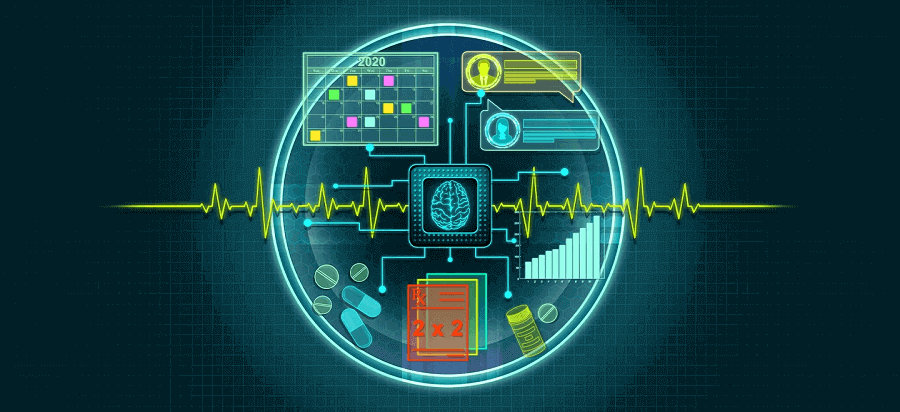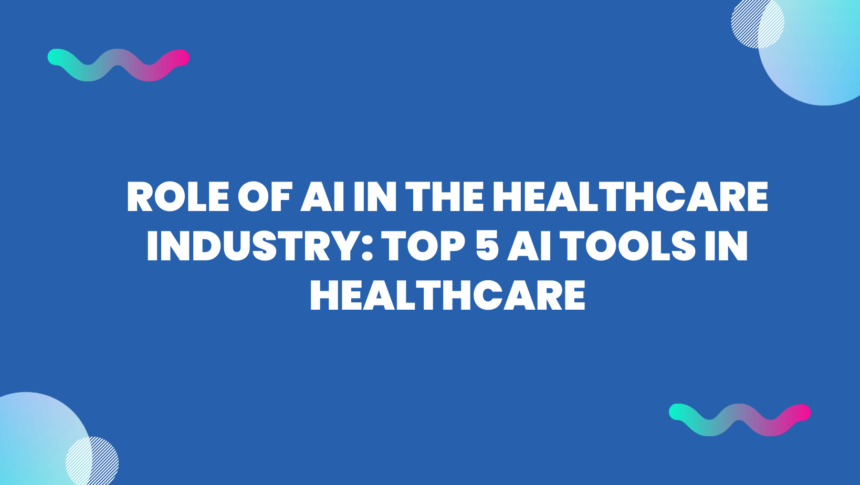The world is facing a shortage of Doctors. According to UHC, 6.4 million doctors are required globally to improve AI Tools in healthcare conditions. Can AI cover the gap between doctors and patients?
What is Artificial Intelligence?
online pharmacy purchase stromectol online best drugstore for you
online pharmacy purchase stromectol online best drugstore for you
In layman’s terms, AI enables machines to learn, think, and make decisions like humans. It is generally used for solving high-level computations and complex problems that can otherwise take days for humans.
AI uses machine learning, neural networks, and deep learning for data analysis and predicts risks and patterns.
Since the advent of AI in the 1950s, it has been extensively used in marketing, gaming, finance, music, the healthcare industry, etc. But the largest impact has however been on the Healthcare Industry.
In addition, AI is projected to contribute an additional 15.7 Trillion Dollars by the end of 2030, to the world economy and the greatest impact will be on the field of healthcare.
Why is the adoption of AI increasing in the Healthcare Industry?
- High availability of medical data
- High dimensional data in medical fields
For better diagnosis and to study the effectiveness of treatment we require continuous monitoring for longer periods of time. This means there is a huge amount of data being collected every minute.
It would be nearly impossible for humans to go through each and every detail of this sea of information.
online pharmacy purchase vibramycin online best drugstore for you
Also, there are way too many attributes in these data which makes analytics difficult.
These were the main driving forces for the increase in the implementation of AI in Healthcare.
How can AI helps in the Healthcare Industry: Top 5 uses of AI in Healthcare
Healthcare is buzzing with AI, redesigning patient experience and treatment. The top 5 ways in which AI has impacted are:
1 Medical Imaging
Tools like MRI, CT scan, X Rays, etc can help in tumor or cancer detection with the help of AI algorithms. These detections are further studied and assessed by specialists.
A neural network can detect cancer with 99% accuracy as opposed to 38% accuracy by doctors.
2 Preliminary Diagnosis
Every year 100,000 hospitalized patients die because of delayed preliminary care. An AI can help assess the symptoms of the patient while booking an appointment, predict the urgency of the situation and alert the physician with a basic diagnosis.
This can reduce misdiagnosis and give preference to urgent cases.
3 Discovering New Medicine
AI algorithms can run through the different permutations and combinations of chemical interactions during drug development. They can also help in predicting possible drug interactions with other drugs.
The use of AI can reduce the time in new drug discovery from 5 years to 12 months.
4 AI-assisted Surgery
AI monitors the Surgeon’s movements, predicts any mishap, and also helps in performing minimally invasive surgeries.
This can come in handy for long-duration and complicated surgeries.
5 Virtual Nursing Assistance
AI tools help in monitoring the vitals of patients who require home care. They also assist with basic questions of caregivers.
online pharmacy purchase flexeril online best drugstore for you
AI can collect, process, and sort the data of these patients and feed them to hospitals for continuity in treatment and observation.
The other uses are
- Administrative workflow assistance
- Data privacy and protection
- Personalization of health plans
- Prediction of health risks
- Medical Research by analyzing huge sets of data, and, much more
AI does not eliminate the need for professionals but reduces the time of the overall process, which is the need of the hour.
Top 5 AI Tools in Healthcare Industry

The global market for AI in the Healthcare Industry is expected to reach 28 Billion USD by 2025. With the rise in AI platforms, let us take a look at the current 5 best-proven platforms of AI in the Healthcare Industry:
I Remedy Health
The AI platform of Remedy Health equips non-physician staff to uncover hidden chronic diseases through phone interviews.
This helps in diagnosing the patients even outside the hospital and taking timely actions for undiagnosed issues.
II Subtle Medical
It provides AI solutions to reduce image noise and in improving image sharpness in MRI and PET scans.
They can maintain the quality of images in sub-optimal and accelerated scans, reduce the time of diagnosis and upgrade the existing scanners without the need to purchase new ones.
III Sensely
This platform uses AI tools to provide
- Patient onboarding and enrollment
- Virtual health management
- Customer service
This software can be integrated into any platform to improve patient interaction, provide insights about the users, create custom interactions, and improve the patient experience.
IV Butterfly Network
With the help of AI, this company is making medical imaging accessible to remote parts of the world. They are making handheld ultrasound devices that can be integrated with Apple and Android devices.
This has made ultrasound scans possible anywhere, and connect with medical professionals across the globe.
V Atomwise
This company uses AI to navigate through databases of molecular structures and predict potential drug combinations.
It also predicts the drug interactions within the human body and identifies the safety of drugs.
In 2015 it was involved in drug research for the treatment of the Ebola virus. It predicted two drugs that could reduce Ebola effectively, in a day. This research would have otherwise taken months or years without AI.
Wind up
Although, healthcare is utilizing tech solutions for better diagnosis and care facilities. But, still, there is one concern about data security which is linked to the confidential information of patients.
As there are many apps that do fail in implementing healthcare compliances. As a result, HIPPA complaint task management would be the best tool to make it protect healthcare data.
However, the growth of AI in the Healthcare Industry is in its exponential phase. CIOs are prioritizing AI investments, companies are developing AI-based services and more research is being done for AI integration.


